Role of Calcium in bone formation
- Bone Matrix: Calcium's crucial contribution
- The Importance of Calcium for Bone Strength
- Recommended Dietary Allowances (RDAs) for Calcium
- Prevalence of Calcium Deficiency
- Lifestyle Factors Affecting Calcium Balance
- Nourishing your Bones: 10 Calcium rich foods
- Strategies for Enhancing Calcium Absorption
- Calcium supplements: supplemental strategy
- Synergy of Nutrients for the Bone
- Conclusion
In the intricate architecture of the human body, bones serve as the framework that supports our every move, protects vital organs, and stores essential minerals. Maintaining bone health is not just about preventing fractures; it's about ensuring mobility, vitality, and overall well-being. At the cornerstone of bone health lies CALCIUM, a mineral revered for its role in fortifying skeletal structure and function.
Bone Matrix: Calcium’s crucial contribution
In our bones, there's a mix of collagen fibers and calcium phosphate, like a sturdy framework. This calcium-phosphate combo gives bones their strength, just like reinforced concrete in buildings. Without enough calcium, this framework weakens, making bones more likely to break or develop issues like osteoporosis.

Building strong bones starts in childhood and teenage years when bones grow fast. This phase, called "bone remodeling," sets the stage for peak bone strength in early adulthood. It's like saving money for retirement – investing in long-term bone health for later in life.
The Importance of Calcium for Bone Strength:
Calcium is more than just a building block; it's a dynamic player in a multitude of bodily functions. While 99% of the body's calcium reserves are found in bones and teeth, the remaining 1% circulates in the bloodstream, regulating vital processes such as muscle contraction, nerve transmission, and hormone secretion. When calcium levels drop, the body draws upon its skeletal reserves, potentially compromising bone density and strength over time.
Recommended Dietary Allowances (RDAs) for Calcium
|
Age |
Male |
Female |
Pregnant/Lactating |
|
0-6 months |
200mg |
200mg |
|
|
7-12 months |
260mg |
260mg |
|
|
1-3 years |
700mg |
700mg |
|
|
4-8 years |
1,000mg |
1,000mg |
|
|
9-13 years |
1,300mg |
1,300mg |
|
|
14-18 years |
1,300mg |
1,300mg |
1,300mg |
|
19-50 years |
1,000mg |
1,000mg |
1,000mg |
|
51-70 years |
1,000mg |
1,200mg |
|
|
>70+years |
1,200mg |
1,200mg |
Prevalence of Calcium Deficiency:
Across the globe, 800 million people are undernourished, and over 3.5 billion are at risk of not getting enough calcium, especially in Africa and Asia. In India, more than half of the population faces issues like weak bones due to not getting enough calcium, leading to conditions like rickets / osteomalacia (bone softening disease). Despite efforts to check how much calcium people are eating, it's still way less than what experts say they need. This shows we really need to do more to make sure people get enough calcium for strong bones.

Lifestyle Factors Affecting Calcium Balance:
- Sedentary lifestyle: Lack of physical activity like weight bearing exercise or strength training can lead to reduced bone density and calcium absorption.

- Poor dietary choices: Consuming high-sodium and low-calcium foods can negatively impact calcium intake and bone health.
- Excessive alcohol consumption: Alcohol interferes with calcium absorption and can weaken bones over time.
- Smoking: Tobacco use is associated with decreased bone density and increased risk of fractures.
- Lack of sunlight exposure: Inadequate exposure to sunlight limits vitamin D synthesis, impairing calcium absorption and contributing to bone health issues.
- To know how to save your bones from deteriorating click here!
Nourishing your Bones: 10 Calcium rich foods
-
Gingelly seeds (also known as sesame seeds), including black, white, and brown varieties, are rich sources of calcium.

-
Poppy seeds are another seed variety that contains a good amount of calcium.
-
Niger seeds, mustard seeds, cumin seeds, and omum (also known as ajwain or carom seeds) are additional sources of calcium.
-
Dairy products like milk, yogurt, cheese, paneer and khoa are rich sources of calcium.

-
Leafy vegetables like spinach, agathi, kale, and amranthus are rich sources of calcium.
-
Quinoa, ragi, tofu, soybean and horsegram are also excellent dietary sources of calcium.
-
Almonds, dried figs are some dry fruit varieties that are rich in calcium.
-
Fortified beverages offer a calcium boost, making them a great alternative for those who don't consume milk.
-
Vitamin D-rich foods like fatty fish (salmon, sardines) and fortified dairy products enhance calcium absorption, promoting bone health.

-
Exposure to sunlight facilitates vitamin D synthesis, further supporting calcium absorption.
Strategies for Enhancing Calcium Absorption:
Here are some more strategies for you so that all the calcium is absorbed efficiently:
- Limiting high-sodium processed foods and opting for fresh, whole foods helps maintain calcium balance by reducing calcium excretion through the kidneys.
- Moderating caffeine intake, particularly in those at risk of calcium deficiency, helps optimize calcium absorption and utilization by potentially reducing calcium excretion and interference with absorption processes.

- Including magnesium-rich foods like leafy greens, nuts, seeds, whole grains, and legumes supports calcium absorption and bone health by aiding in vitamin D activation and optimizing calcium utilization.
Calcium supplements: supplemental strategy
Despite the plethora of calcium-rich foods, achieving optimal intake can be challenging, especially for individuals with dietary restrictions or lactose intolerance. In such cases, calcium supplements can bridge the gap, providing a convenient and effective means of meeting daily requirements. Choosing the right supplement is very essential for your bone strength. A supplement that not just supplements you with calcium but also with all the allied nutrients needed for making your bones stronger is always the right one!

Synergy of Nutrients for the Bone
While calcium rightfully takes center stage in bone health, it doesn't work alone. A symphony of nutrients, including vitamin D, magnesium, phosphorus, and vitamin K, orchestrates the intricate dance of bone remodeling and mineralization. Vitamin D, in particular, facilitates calcium absorption, while magnesium aids in its utilization within bone tissue. Embracing a diverse, nutrient-rich diet ensures that bones receive the full spectrum of support they need.
Conclusion
As the foundation of our physical framework, bones demand our utmost attention and care. Calcium serves as the cornerstone of bone health, fortifying the skeletal structure and supporting vital bodily functions. By embracing a balanced diet rich in calcium and correct supplement, engaging in regular physical activity, and adopting healthy lifestyle habits, we can nurture our bones and safeguard their strength for a lifetime of mobility, vitality, and well-being. So, let's raise a glass of milk to strong, resilient bones that support us through every step of life's journey.
References
Weaver, C. M., & Heaney, R. P. (2006). Calcium in human health. Totowa, NJ: Humana Press.
Calcium - Health Professional Fact Sheet
Vitamin D deficiency: a worldwide problem with health consequences - ScienceDirect
Dietary Reference Intakes for Calcium and Vitamin D - NCBI Bookshelf
Effects of vitamin D supplements on bone mineral density: a systematic review and meta-analysis
Nutrition and sarcopenia: a review of the evidence and implications for preventive strategies
Indian Food Composition Tables


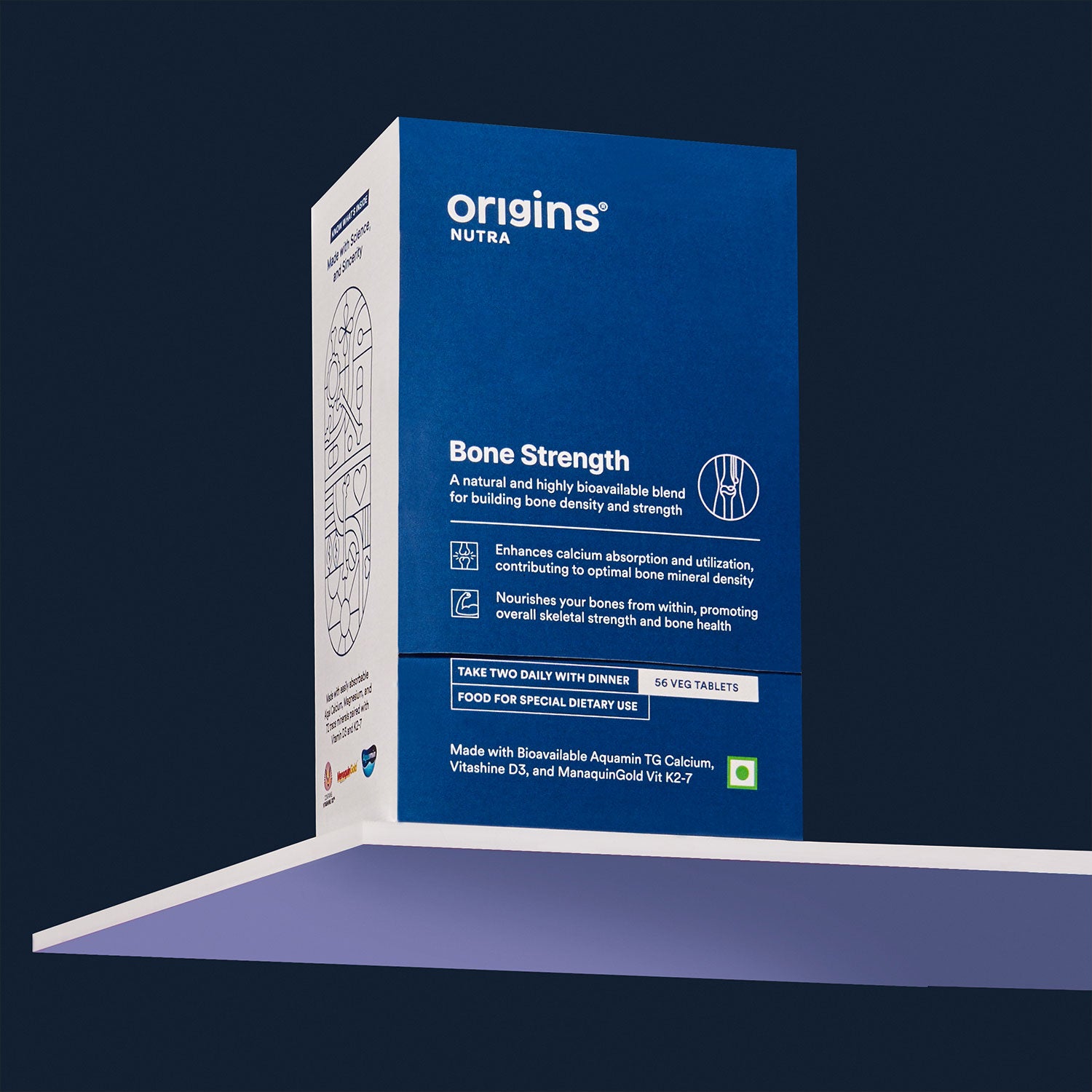



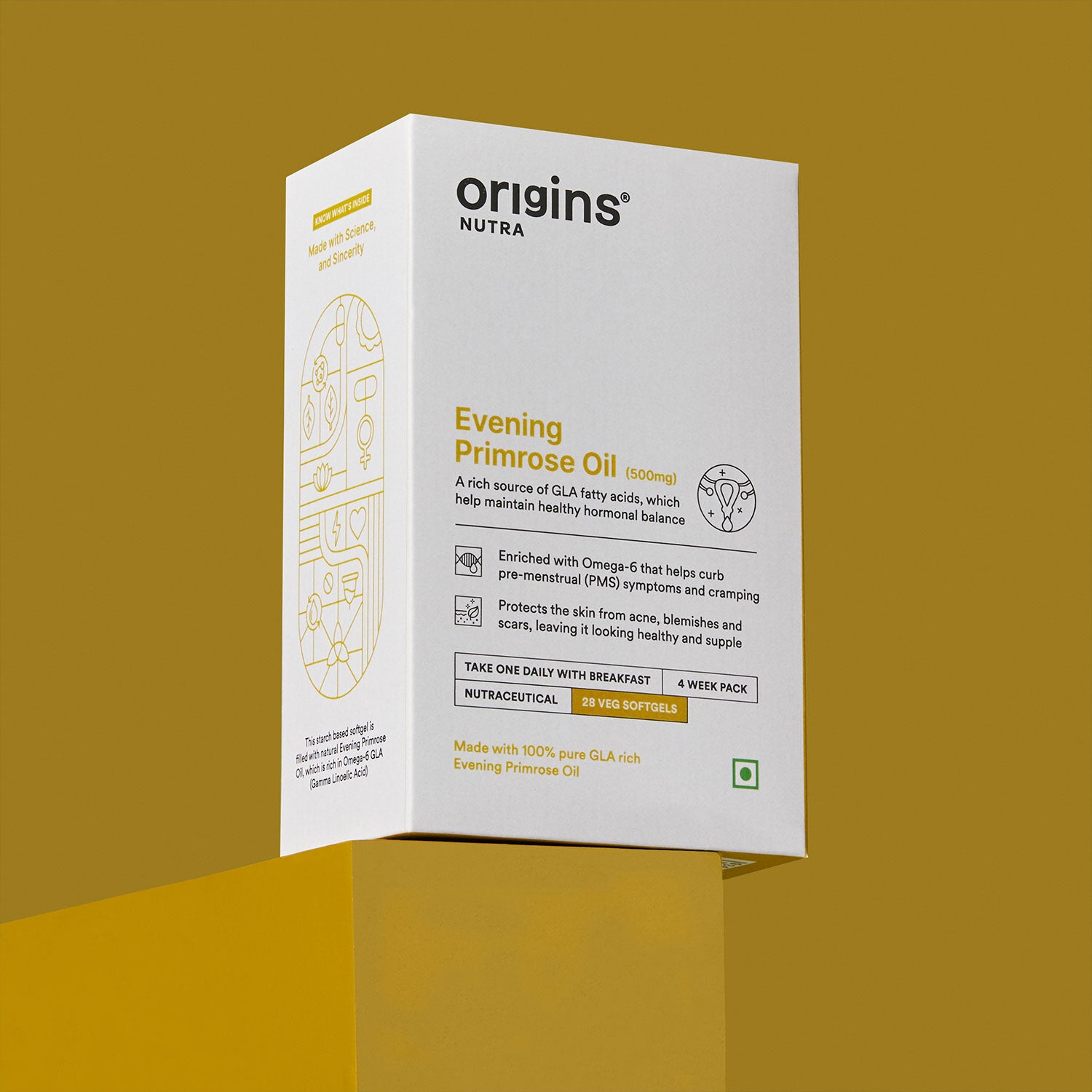


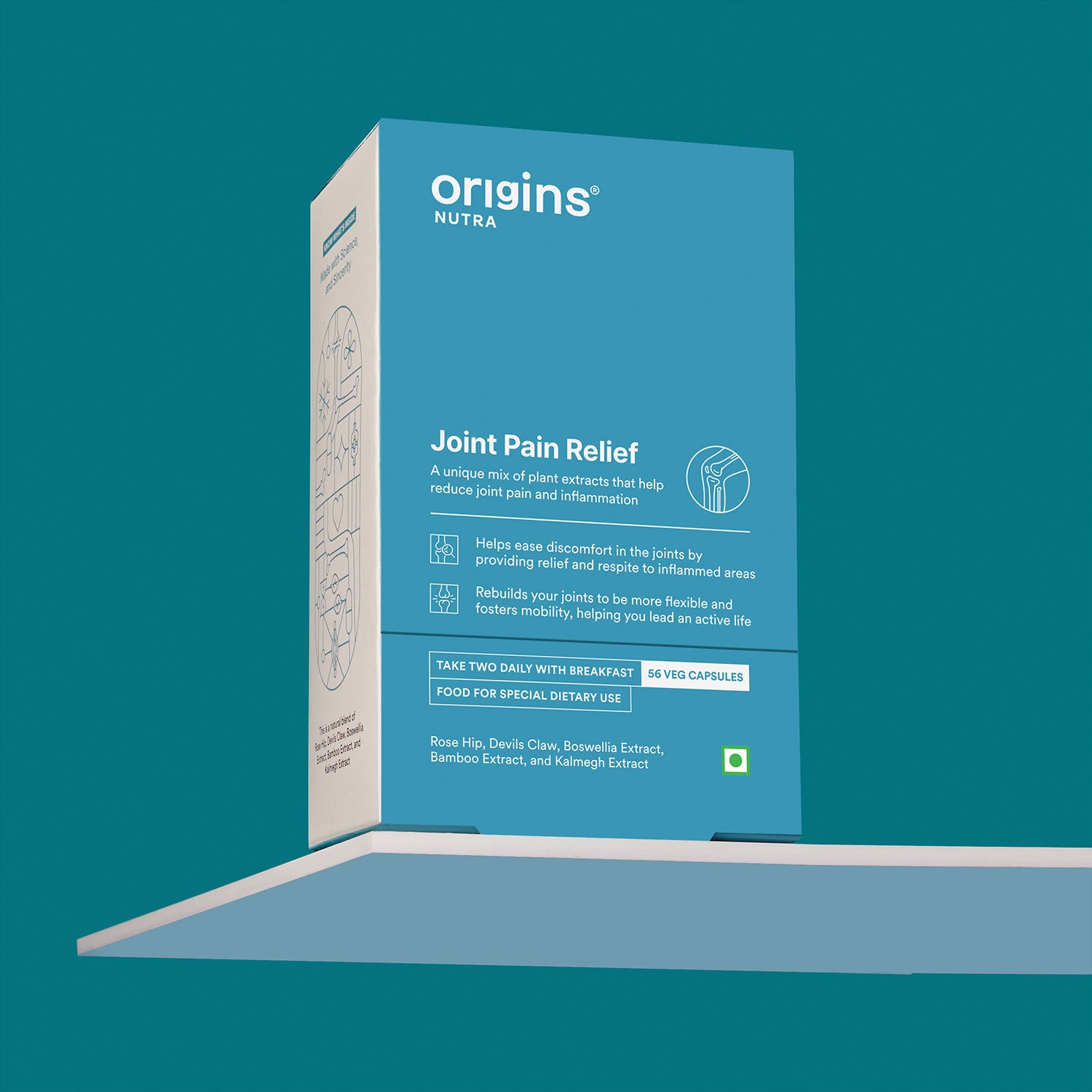
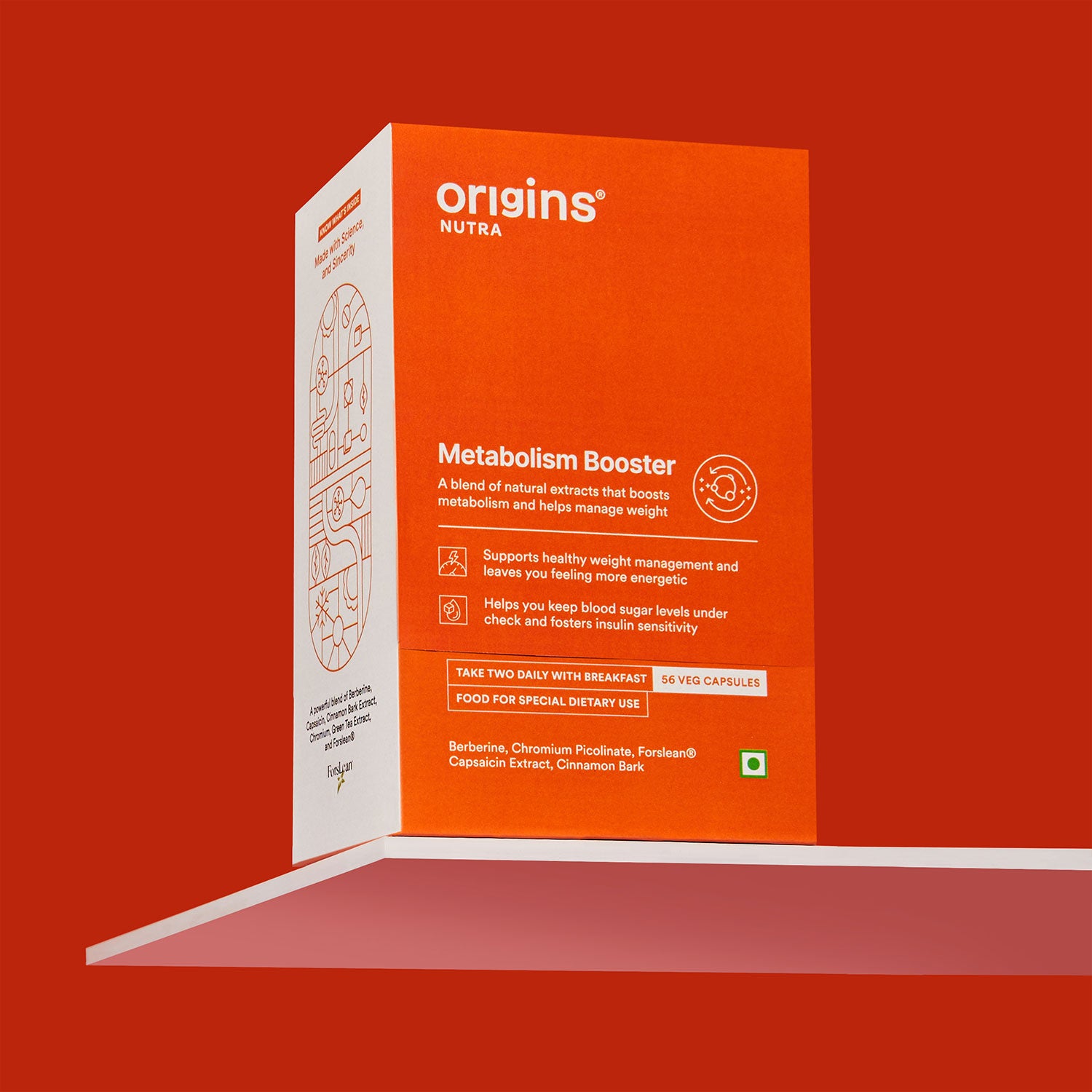



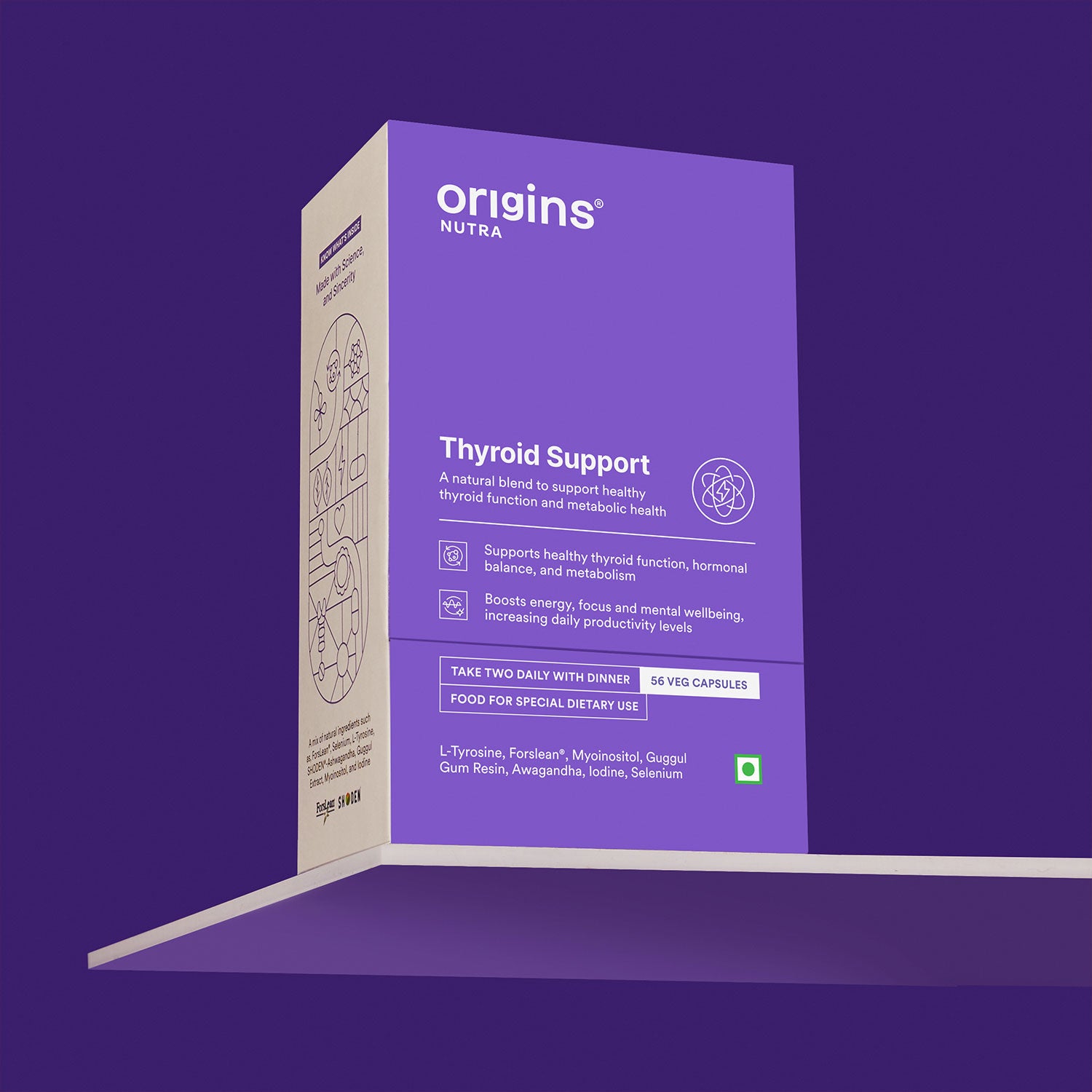















Leave a comment